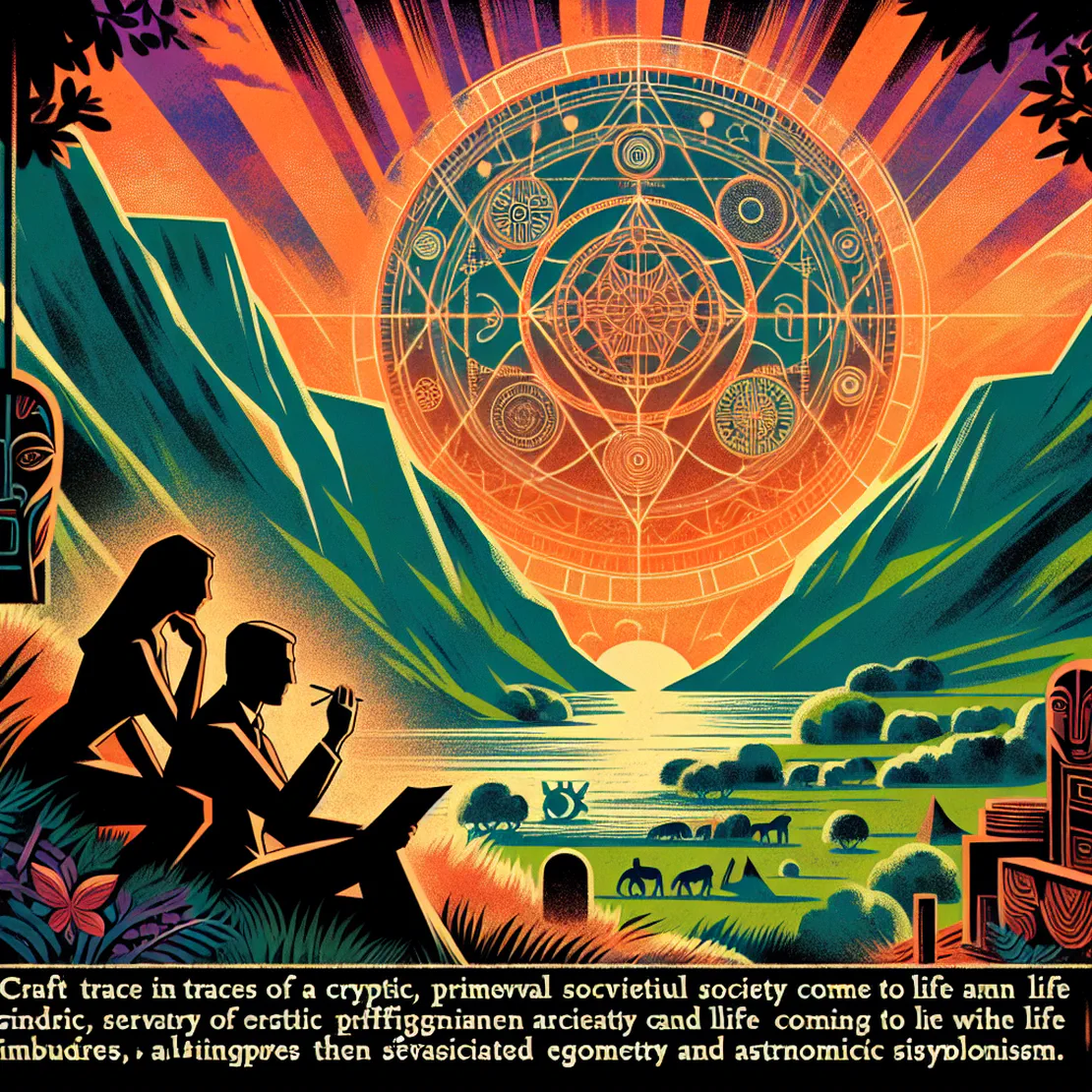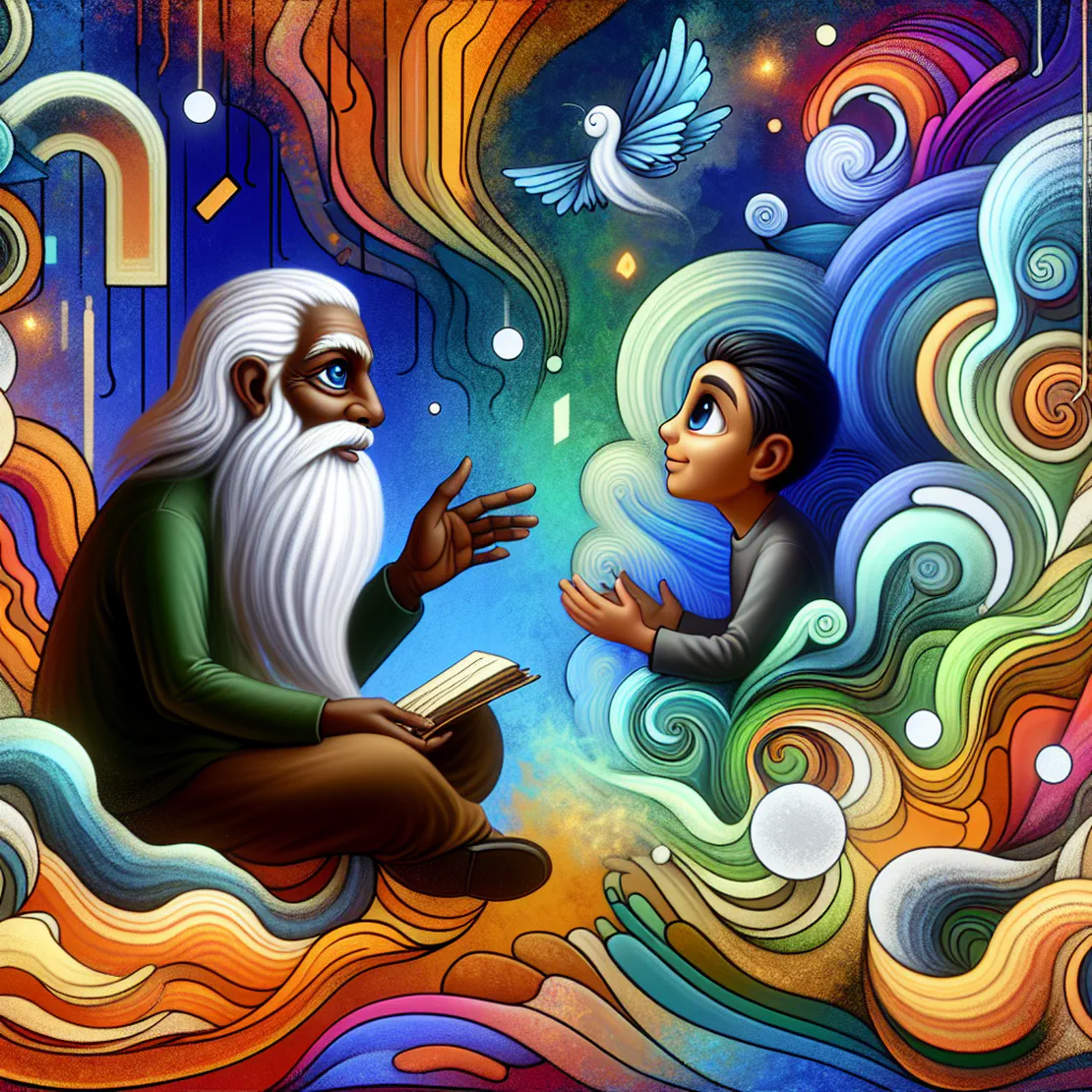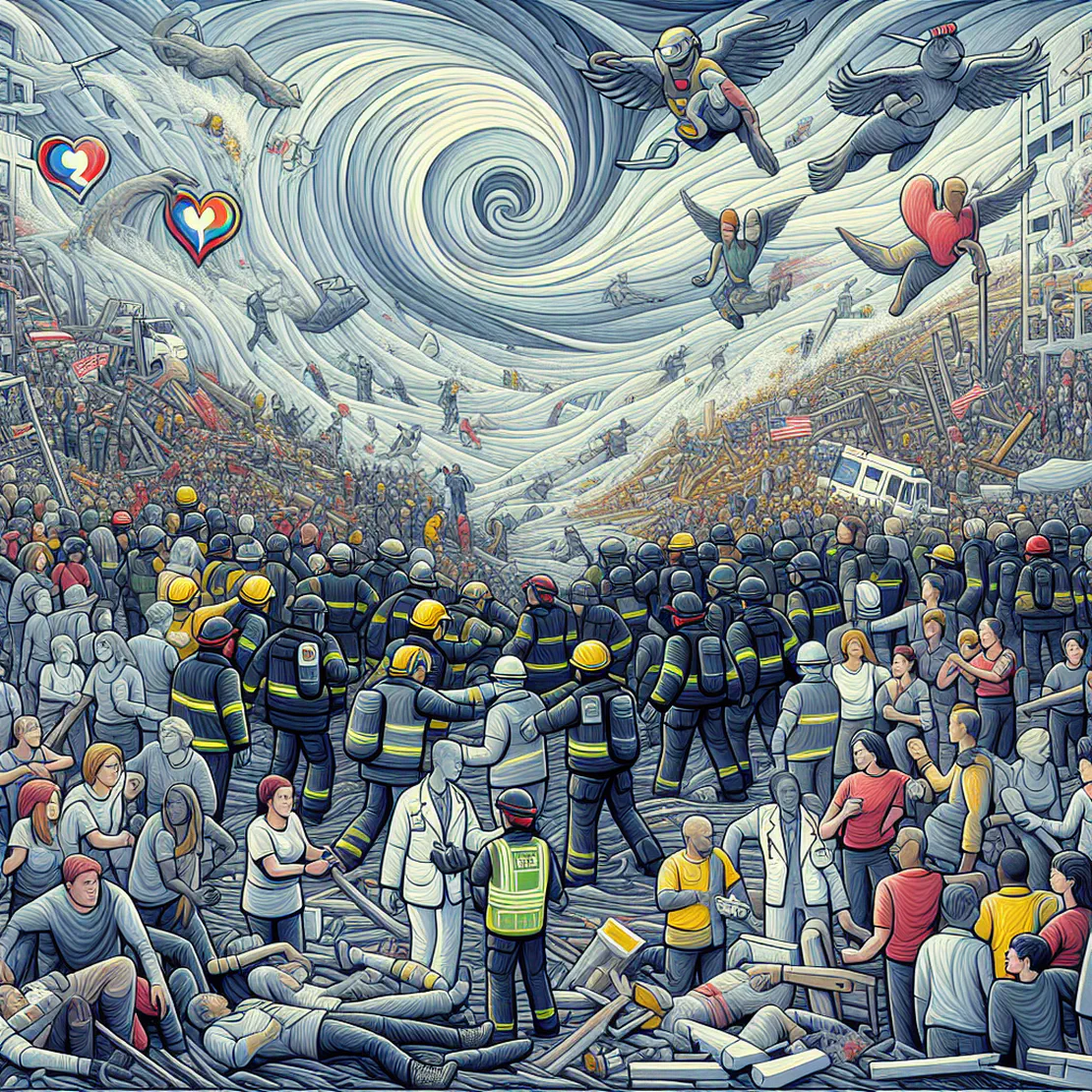
#2215 - Graham Hancock
- The Joe Rogan Experience
- Archaeology , Mythology , Civilization , Agriculture , Technology
- October 17, 2024
Table of Contents
At a Glance
-
Misrepresentation in Academia - "…he played fast and loose with the truth and distorted quite a bit of information." This line is significant as it highlights issues of credibility and integrity within academic debates.
-
Archaeological Misconceptions - “archaeology universally accepts that human beings were seafarers as much as 50,000 years ago.” This is an important point, correcting common misconceptions about human history and showcasing the depth of human ingenuity and adaptation.
-
Indigenous Insights in Archaeology - “We need more indigenous voices in this series.” This emphasizes the need for inclusivity and diverse perspectives in historical narratives, which enrich the understanding and authenticity of archaeological interpretations.
-
Misinterpretation of Efforts - “They talk about my wife, Sontha, taking tourist photos…” This highlights the personal struggles and misinterpretations faced by researchers when their professional efforts are trivialized.
-
Academic Gatekeeping - “you can get lynched by a mob of archaeologists.” A serious point about the challenges faced by those presenting new or alternative views in academia, likening it to historical suppression of dissent.
-
Comparison of Disciplines - “I don’t think that archaeologists and aircraft pilots can be compared…” This discussion point humorously addresses the differences in how we view expertise across different fields, with a nod to the interpretative nature of archaeology compared to the exactness of piloting.
-
Joe’s Humor - “I like to spout off.” This lighter moment brings humor into the conversation, showcasing Joe’s personality and his approach to discussions which often involve complex and heavy topics.
-
Significance of Myths - “I think the myths are the memory banks of our species…” An intriguing point that stresses the importance of myths in understanding human history, arguing that they hold more factual basis than often credited.
-
Importance of Evidence - “That’s where my argument is in place. And you’ll find that that argument is not based on what archaeologists have studied.” This underscores the foundational importance of evidence in academic arguments and highlights the speaker’s commitment to thorough research.
-
Ground Penetrating Radar - “Oh it does, it goes deeper, that’s what the ground penetrating radar is about, 30 feet.” This is a significant mention of technology being used to explore potential archaeological sites, representing the intersection of modern technology and historical exploration.
What to Do
-
‘Resist absolutely being told what to think’ - It’s crucial to maintain individual critical thinking and not just accept expert opinions without question.
-
‘We need to liberate our own consciousness and freely think about things’ - Encourages personal freedom in thought and decision-making, which is essential for personal growth and understanding.
-
‘Take responsibility for our own lives’ - Acknowledging and accepting responsibility for one’s actions are vital for personal development and ethical living.
-
‘Celebrate the gift of life’ - Recognizes the importance of appreciating life, which can lead to a more fulfilled and grateful existence.
-
‘Accumulate wisdom’ - The pursuit of wisdom is crucial for making informed, mature decisions throughout life.
-
‘Consider how it might have been, what might have happened’ - Keeping an open mind about different possibilities can lead to greater understanding and empathy.
-
‘Use our imagination’ - Imagination is a powerful tool in exploring ideas and solutions, enhancing creativity and problem-solving skills.
-
‘Ask what you did with the gift we gave you’ - Reflecting on how one has utilized their opportunities and talents can lead to a more purposeful life.
-
‘Learn from criticisms’ - Being open to criticism can provide valuable insights and opportunities for growth.
-
‘Pay full respect to indigenous traditions’ - Respecting and valuing diverse cultures and histories can enrich understanding and foster inclusivity.
What to Get
-
Sign and the Seal: The Quest for the Lost Ark of the Covenant by Graham Hancock - Amazon
-
Fingerprints of the Gods: The Evidence of Earth’s Lost Civilization by Graham Hancock - Amazon
-
America Before: The Key to Earth’s Lost Civilization by Graham Hancock - Amazon
-
Magicians of the Gods: The Forgotten Wisdom of Earth’s Lost Civilization by Graham Hancock - Amazon
Summary
In this episode of the podcast, the conversation primarily revolves around the exploration and debate of historical and archaeological topics, specifically focusing on ancient seafarers, shipwrecks, and the validity of myths as historical evidence. The guests discuss the challenges and misinformation surrounding the discovery and interpretation of ancient shipwrecks. A key point of interest is the Dokos shipwreck, believed to be around 6,000 years old. The discussion highlights that despite the age, only remnants like pottery and coins survive, debunking myths that cold water preserves entire ships.
The conversation extends to the broader subject of human migration and seafaring, emphasizing archaeological acceptance of human sea travel as far back as 50,000 years ago, despite the lack of surviving ships from such periods. This leads into intriguing insights on human settlements during the Ice Age, particularly on islands like Cyprus and Australia, which would have required significant sea travel and large-scale migrations, challenging earlier archaeological assumptions about the capabilities and technologies of ancient peoples.
The podcast also touched on the role of indigenous voices in archaeological narratives, with a particular focus on Easter Island. The inclusion of indigenous archaeologists has brought new perspectives and findings, such as the discovery of ancient banana phytoliths which suggest earlier human settlement than previously believed. This point underscores a recurring theme of the episode: the importance of revising historical narratives in light of new evidence and perspectives, especially those from indigenous communities.
Furthermore, the discussion critically addresses the resistance within the archaeological community to new theories and interpretations of history. The guests argue that such resistance mirrors broader societal issues where authority figures often dismiss alternative viewpoints. This part of the conversation critiques the gatekeeping in academia and parallels it with other fields, stressing the need for openness to new ideas and respect for diverse perspectives.
Overall, the episode serves as a compelling dialogue on how history is interpreted, the importance of integrating multiple viewpoints, especially from indigenous communities, and the need for humility and openness in scientific discourse to reconstruct a more accurate picture of our past.


